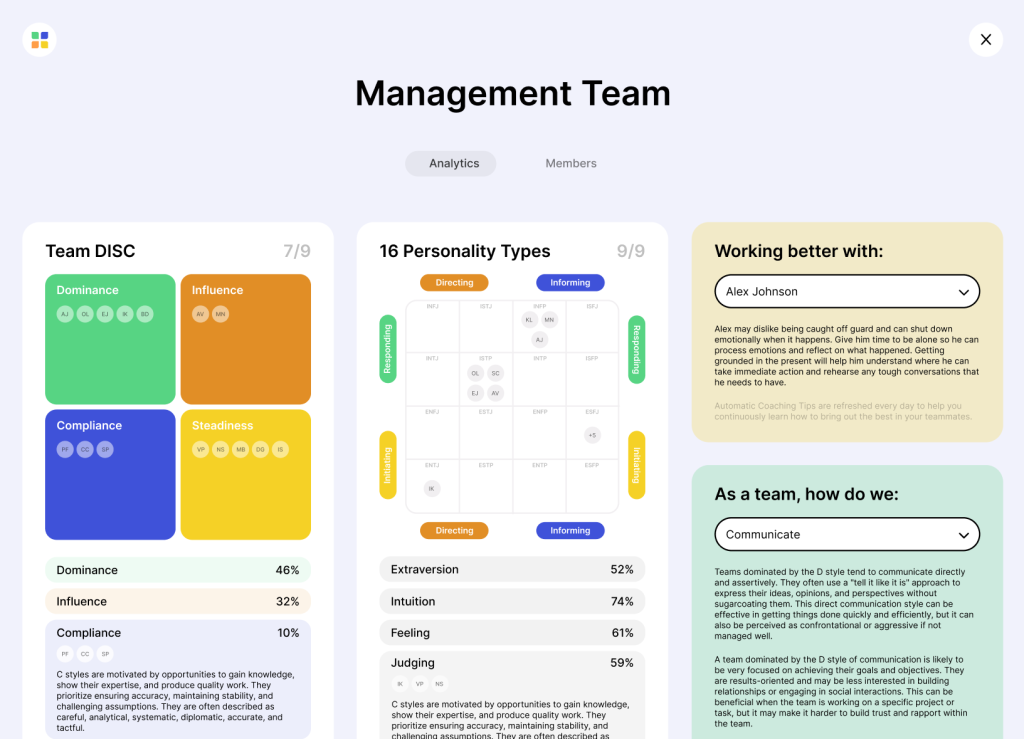Autism is being diagnosed in more children nowadays compared to 5 to 10 years ago. But, the increasing number of children with autistic could be due to changes in how the condition is assessed and not because more children have an autism disorder.
Autism is a complicated, lifelong developmental condition that usually occurs in infancy. This developmental disability can affect an individual’s interpersonal and communication skills. Autism is a “spectrum disorder” that affects individuals differently and to varying degrees.
While there is presently no single cause of autism, early treatment is highly crucial for autistic individuals. It allows them to get the necessary support and help to lead a fulfilling life in the future.
In this article, we will share the definition and symptoms of Autism Spectrum Disorder (ASD). You will also learn about the different types of ASD and their treatment.
What Is Autism Spectrum Disorder (ASD)?
Autism often called an autism spectrum disorder (ASD), is a brain development disability. This disorder affects how an individual sees and interacts with others.
Autistic individuals tend to have difficulties in social interaction and communication. Individuals with this disorder also exhibit restricted and repetitive behavioral patterns. The term “spectrum” refers to the different symptoms and severity associated with an autism spectrum disorder.
Autism spectrum disorder comprises formerly independent disorders such as autism, Asperger’s syndrome, childhood disintegrative disorder, and an unknown type of pervasive developmental disorder.
Yet, some individuals still refer to autism spectrum disorder as “Asperger’s syndrome,” which is at the minor end of the spectrum.
What Are the Signs of Autism?
Autism symptoms usually occur before a child reaches the age of three. Some of them may even exhibit signs of autism from birth. Take the free autism assessment to discover your signs.
The following symptoms characterize an autistic individual:
- A limited range of interests or a strong interest in a few subjects.
- Perform repetitive actions, such as repeating certain words or phrases, swaying back and forth, or opening and closing the door.
- Highly sensitive to sounds, sensations, smells, or sights that appear normal to others.
- Avoid eye contact or listening to others.
- Not turning and looking at the things that are being pointed.
- Refuse to be carried or hugged.
- Challenging to understand speech, gestures, facial expressions, or tone of voice.
- Speak with a sing-song, monotonous tone of voice or robot-like speech.
- Difficult adapting to new changes or routines.
- Have specific food preferences.
Types of Autism Spectrum Disorders
Asperger’s syndrome
Asperger’s Syndrome, sometimes known as Autism Spectrum Condition, is a developmental disorder. Children with Asperger’s Syndrome have difficulty socializing and communicating with others. Additionally, their behavior and thought patterns can be inflexible and repetitive.
Individuals with Asperger’s Syndrome have fewer severe symptoms and no language delays. They tend to have strong language and cognitive skills compared to others diagnosed with other types of autism disorders.
Autistic Disorder
When people hear the word “autism,” they immediately think of autistic disorder. Autistic disorder refers to issues children under the age of three tend to face. These issues include interpersonal relationships, interaction, and play.
Childhood Disintegrative Disorder (CDD)
Childhood disintegrative disorder is known as Heller’s syndrome and disintegrative psychosis. It is an uncommon disorder characterized by late-onset developmental deficits in language, social function, and motor abilities.
This disorder typically happens when children are older than the age of three. Children tend to grow normally until they are around three or four years old before they start developing childhood disintegrative disorder.
Then, over time, they lose their verbal, motor, social, and other previously learned skills. They slowly lose part or all of their communication and social skills.
Pervasive Developmental Disorder
Pervasive developmental disorders (PDD) are a group of disorders distinguished by delays in the development of social and communication skills. Parents may notice symptoms as early as infancy, even though the typical onset of this disorder is usually before the age of three.
Suppose your children exhibit some autistic symptoms, such as delay in social and communication skills, but do not fall into another group of autistic disorders. In that case, your doctor may put them into this category.
How To Treat And Overcome Autism?
Autism is a lifelong disorder with no known treatment.
It is a spectrum disorder with different degrees of severity and disability. Children with mild symptoms may be able to learn skills to regulate their symptoms more effectively than others.
The sooner the child is diagnosed with the condition, the sooner the practitioner can implement early intervention strategies to prepare and build critical skills for the child.
However, no single treatment is universal and effective for all. What is effective for you may not apply to others. Your practitioner should personalize the treatment based on your child’s needs and symptoms.
There are two primary types of treatments:
Behavioral and communication treatment helps improve structure and organization. One such commonly practiced treatment is applied behavior analysis (ABA). ABA treatment encourages positive conduct while discouraging negative behavior among autistic individuals.
Occupational therapy may assist with everyday skills such as dressing up, eating, and interacting with others. Sensory integration treatment may benefit someone sensitive to touch, sights, or sounds. Speech therapy helps autistic people develop skills to solve their trouble with communication.
Medications can also treat ASD symptoms such as attention deficits, hyperactivity, and anxiety.
Complementary interventions may also assist autistic individuals in improving their cognitive and communication skills. Music, art, or animal therapy, such as pig therapy and horseback riding, are complementary interventions.
How to Recognize the Autism In Children?
Signs of autism in young children include:
- Seizures may happen in some autistic children. But, the seizures may not appear until the children reach adolescence.
- Unable to respond to their name by the age of 9.
- Do not smile back when you smile at them.
- Become irritated if they cannot accept a particular flavor, smell, or sound.
- Repetitive actions such as hand-flapping, body rocking, finger-flicking, or head-banging.
- Not as active as other children.
- Avoids or does not maintain eye contact.
- Do not exhibit facial expressions such as happy, sad, or angry by nine months of age.
- Do not engage in simple interactive games at one year old.
- Use little or no gestures before the age of 1 year old.
- Do not point to things they are interested in by 15 months of age.
- Does not react when others are injured or unhappy.
- Playing alone by themselves and not joining other children by the age of 3 years old.
Autism Spectrum Disorder (ASD) FAQ
What is a person like with autism?
A person diagnosed with autism may have difficulty socializing and communicating with others. Additionally, their behavior and thought patterns can be inflexible and repetitive. This means they tend to follow a strict routine and will get frustrated if their routine is broken or changed. They may also experience difficulty understanding others’ gestures or facial expressions.
Autism is a lifelong disorder with no known treatment. It is a spectrum disorder with different degrees of severity and disability. There are two primary types of autism treatments: behavioral and communication treatment and medications.
However, no single treatment is universal and effective for all. What is effective for you may not apply to others. Thus, your practitioner should personalize the treatment based on your child’s needs and symptoms.
How do I know if I’m autistic?
Do you find yourself struggling to grasp what others are thinking or feeling? Or have you noticed that you get nervous every time you are about to talk to someone at a social event? You may also enjoy being alone and uninterested or find it difficult to make friends.
These could be signs that you are autistic. But, it is recommended for you to speak to a doctor about this. Once they are sure there is no underlying illness, they would refer you to a psychiatrist for an in-depth assessment.

